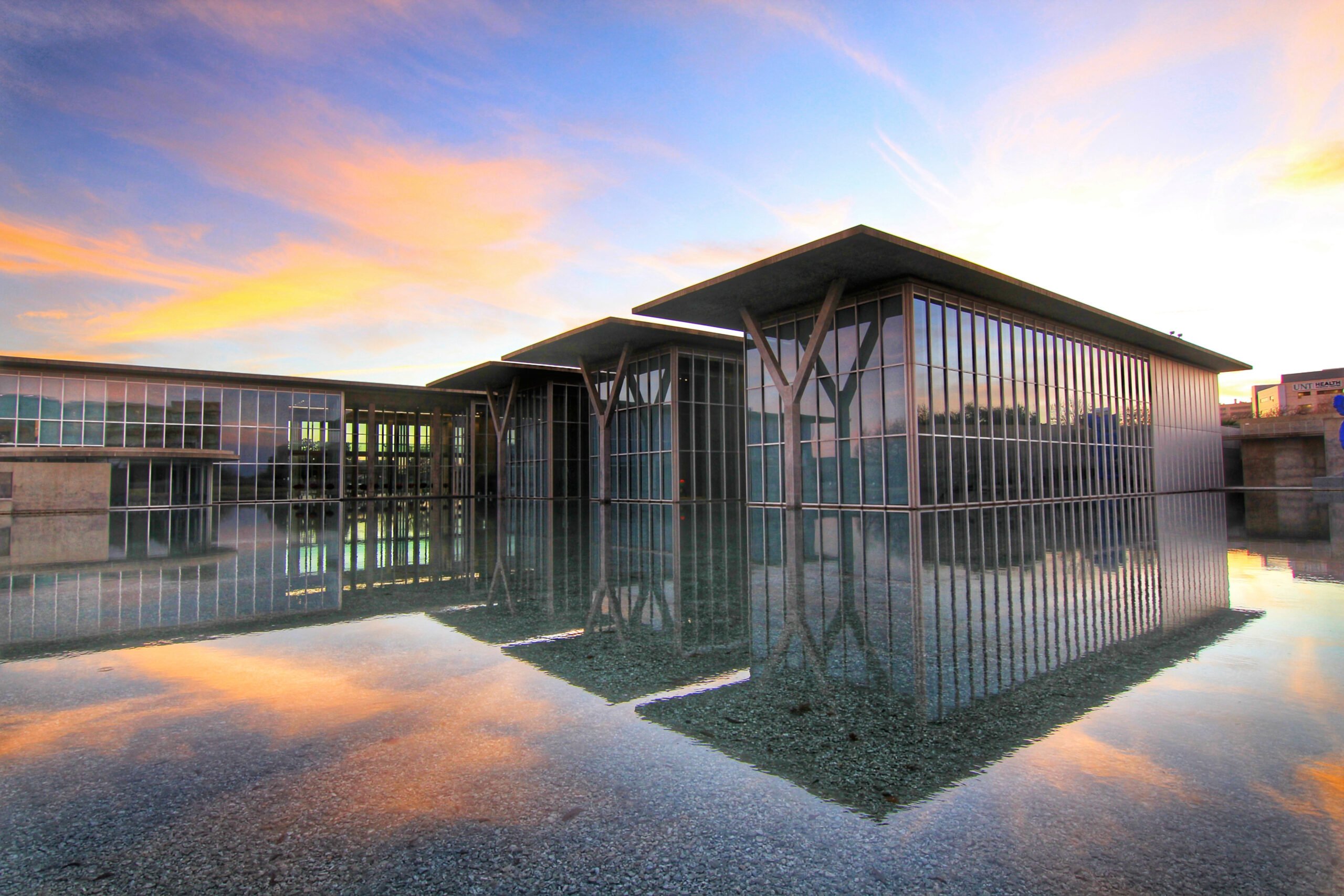ustxtxb_obs_1995_03_10_50_00005-00000_000.pdf
Page 12
On the Electronic Frontier Will the Internet be a Freeway or a Cul-de-Sac? BY JAMES CULLEN FOR TOM SMITH, the perennially overworked consumer advocate from Public Citizen, putting Texas legisla tive information on the Internet is “the biggest boon to my business in 10 years.” Using his desktop computer and modem “Smitty” can dial up the legislative bulletin board, which has the full texts of more than 2,800 bills, updated every day and arranged by authors, subjects and bill numbers. He also can look up committee assignments and other information. “I can sit down in my office and figure out what committees I’ve got bad bills in next week and I can pull down copies to read and analyze,” Smith said. “Previously that would take a trip to the Capitol and the bill inforafternoon. Now it takes less than an hour.” Some would argue that giving consumers an easier way to track bills is a form of taunting, but as far as access to public information goes, the Texas Legislature “made the map” on the Information Superhighway on January 10, a week before the Legislature convened, when House Speaker Pete Laney and Lieut. Gov . Bob Bullock announced that information maintained by the Texas Legislative Council would be made available to the public through the Internet \(at “capitol.t1c.texas.gov drafts bills for the House and Senate and operates the legislative computer system but the initiative surprised many who thought online access, which had been recommended by Comptroller John Sharp in his 1994 Performance Review, would take at least another year to accomplish. ‘Net surfers were delighted to gain the access to a new lode of information. Texas followed the lead of Congress, which the previous month had announced its files into would be launched into cyberspace through the new service known as THOMAS. That service makes available the texts of bills as well as the Congressional Record, Library of Congress records and other federal data. Texas joined California, Hawaii, Minnesota, New York, North Carolina, Utah, Washington, Wisconsin and Wyoming in providing free legislative information through the Internet. Several other states are developing similar systems. The free services have proven popular. THOMAS, the system run by Congress, gets more than 20,000 file requests every day. Since January 10, when Texas launched its legislative service, an average of 600 people per day have logged onto the system, including people as far away as the Czech Republic. Kay Huffman, manager of the legislative online service for the Legislative Council, said the office has methodically tried to improve the system, while making sure the information is accurate and safeguards prevent unauthorized manipulation of the records by hackers. Information is updated every morning between 7 and 9 a.m. with changes from the previous day’s activity. As the session proceeds and bills start flying back and forth between the House and Senate, she expects the council to provide updates twice a day. “Our instructions are to make everything in our legislative tracking system avthlable and. as of now it’s either out there or we’re working on it.” The main things yet to be accomplished are the release of fiscal notes, bill analyses and the addition of keyword search capabilities on the bill texts. The information has been made available to the public through the Department of Information Services, which operates the Texas State Information Highway bulletin board at 512-475-4765, and the Texas State Library, which operates the Link bulletin Although the Link program is designed for use by public library patrons, the State Library has six telephone .lines into the computer modem as demonstrator lines for members of the public who do not have their own online service. “I don’t have the money to provide dialup access to everybody,” said Lisa deGruyter, manager of electronic library services for the State Library. She recently installed a keyword search to allow users to identify bills by subjects so the state library could demonstrate the system at a Government Technology Conference in February. “We had people four and five deep at our booth for two and a half days,” she said. “We’re still seeing a steady increase in the number of users.” When the Link program topped 400 logins on February’ 15, its use had more than doubled in the six weeks since the Legislature was put online. She estimated that twothirds of the users are from Texas and approximately 15 percent logged in with Austin zip codes. One recent midnight when she checked in from her home, she noticed that the users included three people who had dialed in through the Plano public library and one had dialed through the Garland library. Other libraries that participate include Fort Worth, Arlington, Irving, the Rio Grande Freenet in El Paso and the Harrington Library Consortium of public libraries, school and academic libraries in the Panhandle. The San Antonio Public Library is expected to go online along with the San Antonio city government soon and plans for others are in the works. The State Library and Archives Commission is undergoing Sunset review this year and one of the recommendations of the Sunset Advisory Commission was for the State Library to develop an on-line index and provide access to state agency electronic publications. The electronic library service, which employs three people with a 1995 budget of $218,000, is funded by state general revenues and a portion of the $6 million in federal funds for Texas libraries. Those federal funds have been cut from every presidential budget since the Reagan Administration, only to be restored by Democratic Congresses. Whether those funds will be restored by the new Republican majority remains to be seen. Public interest lobbyists still haven’t made it into the back rooms with the high-dollar, corporate lobbyists’when it comes to writing the major state-affairs bills, as the negotiations over tort reforms have demonstrated, but little things like having access to bill texts, status reports and an email list of activists around the state mean a lot. [See editorial, page 4.] When Rep. Warren Chisum, the conservative Democrat from Pampa, proposed a House rule that would require cost-benefits analysis on environmental bills as a way to deter . them; Smith sent out an email alert was as picked up by a contact in the Rio Grande Valley. Within an hour, Smith said, he was getting calls from Valley representatives asking for information on why Public Citizen was opposed to the rule. Eventually Chisum backed off the proposal. The online service also is a boon to the academic community. Harvey Tucker, a professor of political science at Texas A&M University, teaches an honors course on the THE TEXAS OBSERVER 5


